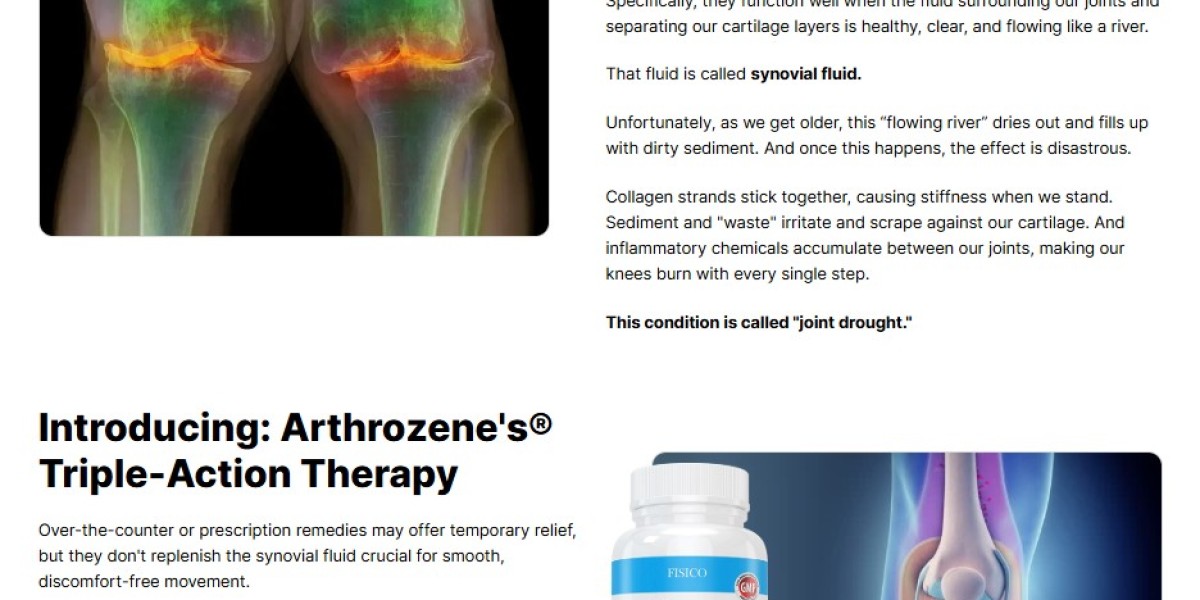Lubricants are essential for reducing friction and wear in mechanical systems, but not all lubricants are created equal. In high-stakes industries like aerospace, energy, automotive, and pharmaceuticals, specialty lubricants are the silent workhorses that keep machinery operating smoothly under extreme conditions. These advanced formulations go beyond traditional oils and greases, offering tailored performance in environments where standard lubricants simply can’t keep up.
Specialty lubricants are engineered to withstand intense heat, cold, pressure, corrosion, and chemical exposure. They are designed for applications where reliability is critical and downtime is costly or dangerous. These lubricants can take the form of oils, greases, pastes, or dry films, and are often infused with performance-enhancing additives such as PTFE (Teflon), molybdenum disulfide, or synthetic esters.
In the aerospace industry, for example, specialty lubricants must perform flawlessly in both the freezing vacuum of space and the high temperatures of jet engines. Conventional oils would break down or freeze, but synthetic lubricants with extreme thermal stability ensure components such as actuators, turbines, and bearings function without fail. The same applies in the defense sector, where weapon systems, vehicles, and sensitive electronics rely on lubricants that resist moisture, oxidation, and dirt.
In automotive and motorsports, specialty lubricants are used in engines, transmissions, and drivetrains to maximize efficiency, reduce friction losses, and extend equipment life. High-performance greases reduce wear under high loads and speeds, while synthetic transmission fluids maintain viscosity and lubrication properties across a wide temperature range, supporting fuel economy and long-term reliability.
Food-grade lubricants represent another important segment. In food processing plants and pharmaceutical facilities, lubricants must meet strict hygiene and safety standards. Specialty lubricants in this category are formulated to be non-toxic, odorless, and resistant to water washout and microbial growth. They ensure that mixers, conveyors, and filling machines operate safely without contaminating the products they handle.
Environmental compatibility is also a growing focus. Biodegradable and low-toxicity lubricants are being developed to reduce ecological impact in industries like marine, forestry, and agriculture. These sustainable lubricants offer comparable performance to traditional options while minimizing harm in the event of leaks or spills.








